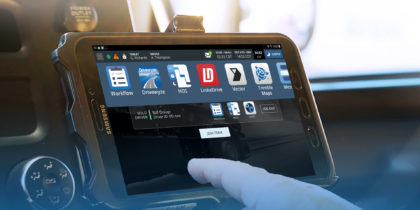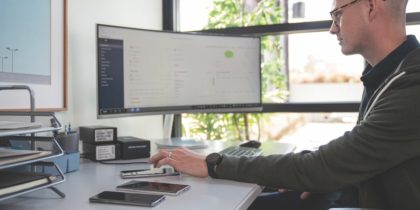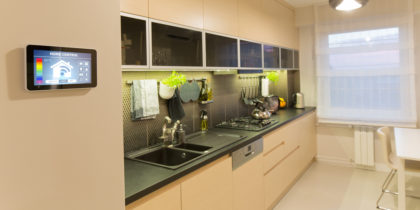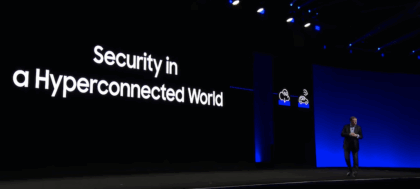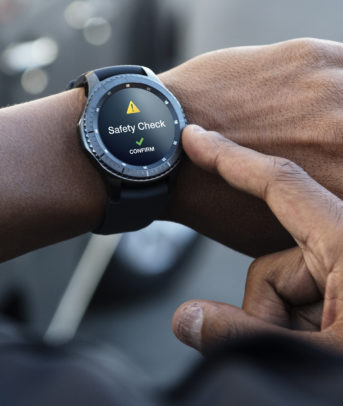For the first time, big data and IoT are granting companies access to information that allows them to deliver “right time experiences” to their customers. We recently chatted with Maribel Lopez, founder of Lopez Research, to learn more about not only how data is changing business, but also how to get started, bring great talent and get the C-Suite on board.
Q: How do you think the Internet of Things (IoT) and big data will reshape how companies do business in five or ten years?
Lopez: The big promise of IoT and big data along with other tools like machine learning is that by pulling all of these technologies together, businesses can drive real-time insights and deliver what I call right time experiences — the right information at the right time on the right device to the right person.
It offers the opportunity to deliver new experiences businesses couldn’t offer before. For example, if you have an electric car, having your car be able to tell you what’s wrong with it and whether it’s an issue you need to go to the shop for now or if it can wait is an amazing experience that can drive loyalty for a business’ customer base.
Q: What advice do you have for companies that are just beginning their digital transformation and starting to collect and analyze large quantities of data?
Lopez: When you’re looking at building a big data strategy around IoT, you need to think about what the single source of truth is going to be for that data. This doesn’t mean your data has to all be in one place — the concept of a data lake is very difficult to achieve. You may have different data stores around the globe, but you need to know where that data should be.
Use AI to Work Without Barriers
Learn how AI-powered devices enable the future of work. Download Now
Secondly, you need good data governance. All the rules and regulations around making sure you protect the data, such as who can access it, modify it, and if they have access to the data, for how long.
Finally, you need good data hygiene. If you put bad data into a system, it can lead you to bad decisions. You need to make sure the data you use is the right data and that it’s appropriately stored before you even start to analyze it.
Q: What advice can you give tech buyers when they are trying to determine what technology they need to solve a business challenge?
Lopez: This may sound obvious, but it’s critical. You need to start with: what are your KPIs that you are trying to impact, and what sorts of information or insights do you need to help you meet those KPIs? Sometimes people start with the technology, not the problem.
Q: On a related note, how can IT decision makers get buy-in from the C-Suite once they’ve found the right technology?
Lopez: The first thing that’s critical when you’re going for new budget or buy-in is the need to tie it to business goals. As technologists, we want to make things more efficient faster, but often we need to drive a higher-level business value discussion. The part that is often missing is that it’s not presented as a result, such as, we think it will help reduce costs this way, or increase sales this way.
Q: With IoT and big data exploding right now, what struggles are there with recruiting and retaining talent and what advice can you give companies to help them win the talent war?
Lopez: The field is new, so understanding what you need those people to do, what skill sets you need to have, and how to evaluate those skill sets can be a challenge. Additionally, people don’t spend enough time training existing staff. You’re better off creating a partnership with employees — offering to get them training if they agree to stay for a certain period of time — since you can’t always hire the talent you need.
Listen to more of what Maribel Lopez as well as Tamara Dull, SAS, Director of Emerging Technologies have to say in Episode 2: The Internet of Things of Samsung’s podcast, Business Disrupted.


